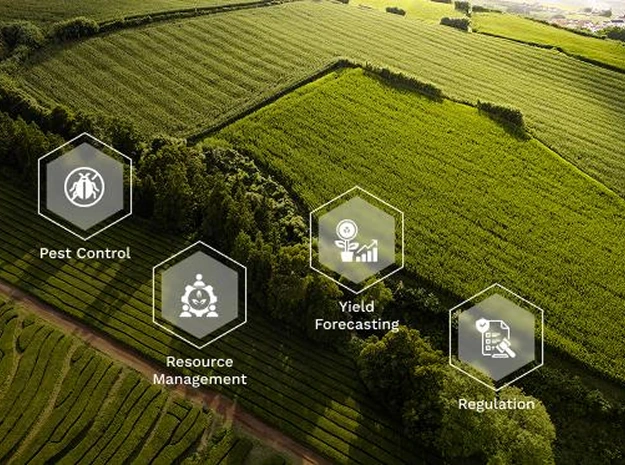Revolutionizing Farming with Smart Agriculture System & Farming Solutions
As the demand for food around the world continues to grow, coupled with unpredictable climate conditions and limited resources, modern agriculture must explore innovative, technology-driven solutions. Traditional farming practices often find it difficult to meet the required standards of efficiency, sustainability, and productivity. The agricultural sector is being rejuvenated by Smart Agriculture and Smart Farming Solutions, which leverage real-time data, automation, and predictive insights to enhance efficiency.
Crop Analytica is also embracing this change, providing advanced Smart Agriculture Systems to enhance farm operations. Our solutions enable agribusinesses to increase productivity, minimize resource waste, and foster long-term sustainability via smart farm management.








